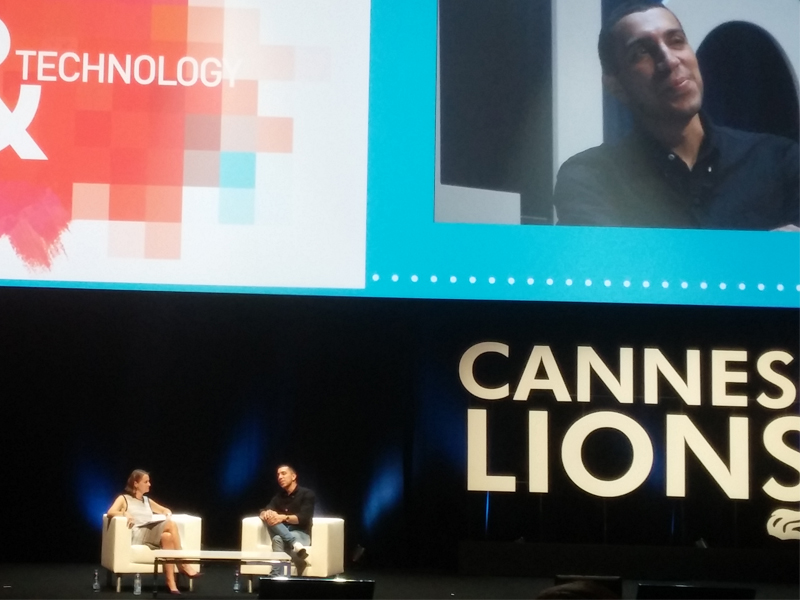Hill+Knowlton Strategies 21 Jun 2015 // 3:46PM GMT

In addition to its ambitious entrepreneurs and buy-ins from venture capitalists, what has made Tinder a success is that it meets our need to communicate, discover, and connect in a simple, straightforward way. At least that’s the way Founder & President Sean Rad sees it./p> What #CannesLions has evidenced to me thus far is that these same elements are the building blocks to any successful campaign. While we may spend hours poring over consumer insights, crafting messaging and drafting timelines, the true impact of PR lies in how well we appeal to basic human needs and emotions. These are the essence of whether clients and eventually consumers will swipe left or right.
It's not just a millennial entrepreneur who says so either, but clients and neuroscience as well. Dr. Itiel Dror, Cognitive Neuroscientist at University College London also emphasised brand failures based on the false assumption that consumers are rational. Indeed consumers or 'people' as I like to call them are emotional, as is their decision making. In speaking to human emotions and instincts, both pitches and campaigns are more likely to have more depth and reach.
And it's these emotive campaigns that have been given the nod at Cannes. Whether it's a graphic novel that tells a rich family history as in the ‘Spirit of Bacardi’ or the ‘The Scent of History,’ which quite literally appeals to our senses, the experiences we want to share are not those which have bullet points upon bullet points of data and research. They're the ones that ineffably cut to the core of who we are as people.
Like the Tinder photo that seems a bit too edited or description that's a bit too verbose, intuition will win. I think we’ll see a shift in the aftershock of data overload and people will swipe left on inauthentic campaigns, returning to connection, to discovery, to people.


































.jpg)


.png)
.jpg)











